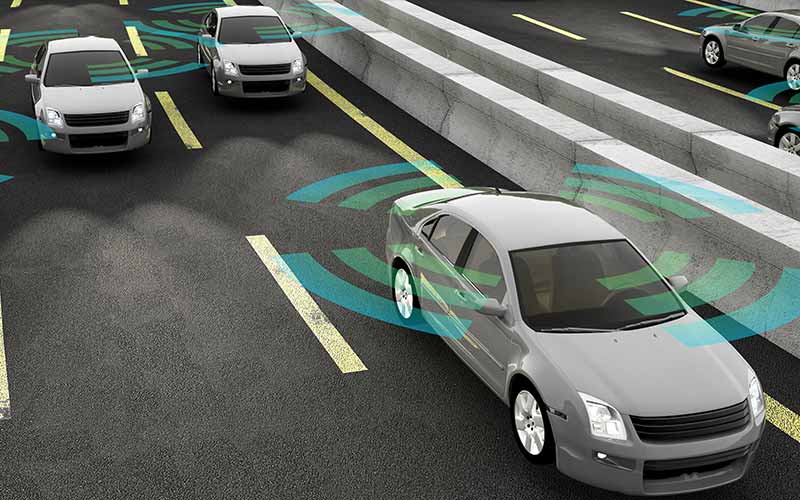Apr 05, 2017

Michigan has been a leader in automotive innovation since the early 20th century when Henry Ford revolutionized production methods with the integrated moving assembly line. In the years following World War II, Michigan continued to forge the way in automotive technological advancements with vital research centers, leading universities, and a talent pool including the industry’s top engineers.
Now, as the automotive world moves towards next generation mobility and with 2016 state legislation making Michigan the most progressive state for the research, development, testing, and deployment of connected and autonomous vehicles, the Aerotropolis region is positioned to be at the heart of the industry.
As with any emerging technology, next generation mobility has taken some remarkable strides forward as research and development intensifies. However, the key to making full autonomy a reality will be advanced testing and validation in challenging real world environments. There is no place that will offer a broader suite of testing capabilities than the forthcoming American Center for Mobility (ACM).
Located in the Aerotropolis region, just west of Willow Run Airport, ACM promises to be a “world class facility for autonomous vehicle testing and certification.” The 330-acre site will be built to include urban, suburban, rural, and off-road settings, and include all traffic scenarios including crowded parking lots and busy intersections. Furthermore, the site will feature a six-lane intersection, brick and motor buildings, and a high-speed loop for freeway testing. ACM continues the legacy created by University of Michigan’s Mcity, which is a 30-acre site currently used for next generation mobility testing that includes many similar features.
Michigan’s automotive R&D cluster is well known and will continue to play a crucial role in the advancement of next generation mobility. Technologies such as automatic braking systems, lane centering, and pedestrian detection are already being deployed by Michigan-based automakers and their suppliers, utilizing sensors, cameras, and mapping-system technologies. While the exact timeline of next generation mobility isn’t entirely clear, public and private investments in Michigan give the state an obvious advantage in the race to become a world leader and maintain its reputation as the home of the automotive industry.
Sources: TechRepublic, Automotive News, MLive, Detroit Free Press, PlanetM


